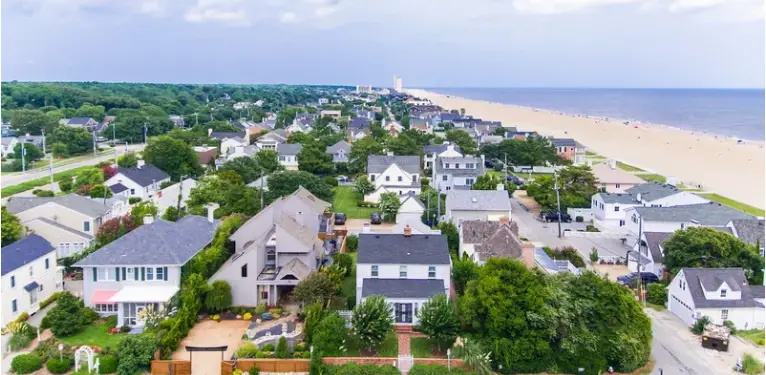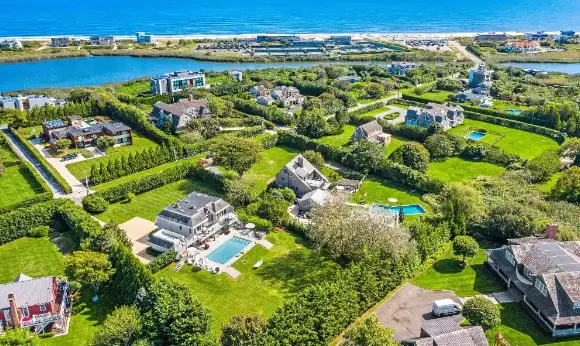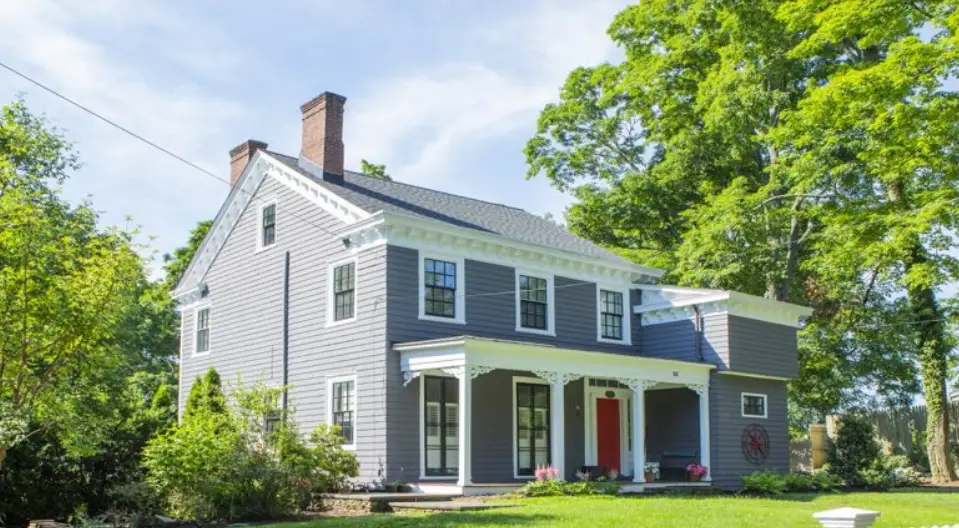Is jacksonville florida a good place to live?
Jacksonville does have a lot to offer residents in terms of amenities, attractions, and quality of life. The city has a diverse economy with plenty of job opportunities, as well as a low cost of living. It is also home to a number of excellent schools and has a wide range of housing options to suit all budgets. Jacksonville also has a lot to offer in terms of leisure and entertainment. There are plenty of parks and green spaces to enjoy, as well as a lively arts and culture scene. The city is also well-connected, with good transport links to the rest of Florida and beyond. Overall, Jacksonville is a great place to live for those who are looking for an affordable, diverse, and vibrant city.
What are the pros and cons of living in Jacksonville Florida?
There are a few pros and cons to living in Jacksonville, Florida. One pro is that the city has a lot to offer in terms of entertainment and activities. There are plenty of museums, parks, and other attractions to keep residents busy. Another pro is the city’s proximity to the beach. Jacksonville is just a short drive away from some of the best beaches in the state.
On the downside, Jacksonville can be a bit of a challenge to get around. The city is spread out and public transportation options are limited. This can make it difficult to get to work or run errands. Additionally, the weather in Jacksonville can be quite hot and humid. This can be a problem for people who don’t like the heat or who have respiratory issues.
Is Jacksonville a safe place to live in Florida?
Jacksonville is a safe place to live in Florida. The city has a low crime rate and is ranked as one of the safest cities in the United States. Jacksonville is also home to a large number of law enforcement officers and has a strong community presence.
Is Jacksonville Florida expensive to live in?
The cost of living in Jacksonville, Florida is relatively affordable when compared to other major cities in the United States. The median home price in Jacksonville is $157,000, which is significantly lower than the national median home price of $219,700. The median rent price in Jacksonville is $959, which is also lower than the national median rent price of $1,045. The cost of groceries, transportation, and healthcare are all slightly lower than the national average, while the cost of utilities is slightly higher. Overall, the cost of living in Jacksonville is about 3% lower than the national average.
Should I move to Jacksonville FL?
There is no one-size-fits-all answer to this question, as the best place to live depends on your individual circumstances and preferences. However, Jacksonville, Florida does offer a number of appealing features that may make it a good choice for you. Jacksonville is a large city with a population of over 1 million people, so you’ll have plenty of options for things to do and people to meet. The city is also located on the coast, so you can enjoy beautiful beaches and outdoor activities like swimming, fishing, and boating. The climate in Jacksonville is warm and sunny year-round, which is perfect if you enjoy the outdoors but don’t like cold winters. Another plus for Jacksonville is that it’s a very affordable city to live in.
The cost of living is lower than the national average, and housing costs are also very reasonable. If you’re looking for a place to live that won’t break the bank, Jacksonville is definitely worth considering. Of course, there are also some drawbacks to living in Jacksonville. The city can be quite humid and buggy, and hurricanes are a risk due to its coastal location. Additionally, Jacksonville’s crime rate is higher than the national average, so you’ll need to be cautious and take steps to protect yourself and your property. Overall, Jacksonville, Florida has a lot to offer, and whether or not it’s the right place for you depends on your individual needs and preferences. If you’re looking for a large city with good weather and affordable living costs, Jacksonville may be a good option for you.
Is Jacksonville safe from hurricanes?
Jacksonville is located in Northeast Florida, which is relatively safe from hurricanes compared to other parts of the state. The city is far enough inland that it is not often affected by the storm surge from a hurricane, and the winds are usually not as strong as they are closer to the coast. Jacksonville has only been hit by a handful of hurricanes in the past, and none of them have been major storms. However, the city is not immune from hurricanes and residents should always be prepared for the possibility of a storm.
How often does Jacksonville FL get hurricanes?
There is no definitive answer to this question as it largely depends on the weather patterns in any given year. However, Jacksonville is located in the northeastern part of Florida, which is generally considered to be less vulnerable to hurricanes than other parts of the state. That being said, Jacksonville has been hit by hurricanes in the past, most recently by Hurricane Irma in 2017.
Which is better Orlando or Jacksonville?
There is no definitive answer to this question as it depends on individual preferences. Some people might prefer Orlando because it is home to many theme parks, such as Walt Disney World and Universal Studios, while others might prefer Jacksonville because it offers a more laid-back atmosphere and is located near some beautiful beaches. Ultimately, it is up to the individual to decide which city they prefer.
What is the racial makeup of Jacksonville Florida?
The racial makeup of Jacksonville, Florida is: -64.3% White -27.8% African American -3.0% Hispanic or Latino -1.7% Asian -0.4% Native American -2.4% other Jacksonville is a majority-minority city, with African Americans and Hispanics making up a majority of the population. The city is also home to a significant Asian population, as well as a small number of Native Americans.
How far is Jacksonville Florida from the beach?
Jacksonville is located in northeastern Florida and is about 25 miles from the nearest beach. The city is situated on the St. Johns River and has a population of over 822,000 people. The beaches in the area include Jacksonville Beach, Neptune Beach, and Atlantic Beach. All three of these beaches are within a 30-minute drive from downtown Jacksonville.
How much money do you need to live comfortably in Jacksonville FL?
Assuming you would like a monthly breakdown of living expenses in Jacksonville, FL: Housing: The median rent in Jacksonville is $959 for a studio, $1,047 for a one-bedroom apartment, $1,262 for a two-bedroom apartment, and $1,576 for a three-bedroom apartment. Utilities: The average monthly utility bill in Jacksonville is $140. This includes electricity, water, trash, and sewer. Food: The average grocery bill for a family of four in Jacksonville is $568. This does not include eating out. Transportation: If you own a car, the average monthly cost of gas is $160.
The average monthly cost of car insurance is $74. If you do not own a car, the average monthly cost for public transportation is $50. Entertainment: This is a difficult category to estimate because it is so personal. A reasonable monthly entertainment budget might be $200. Total: The total monthly cost of living in Jacksonville, FL is $2,151. Of course, this is just a rough estimate. Your actual costs may be higher or lower depending on your lifestyle and spending habits.
How much do you need to live in Jacksonville FL?
To live in Jacksonville, Florida, you will need an income of at least $24,000 per year. The cost of living in Jacksonville is relatively low when compared to other major cities in the United States. The average rent for a one-bedroom apartment is $850 per month, and the average cost of a gallon of gasoline is $2.75. If you are planning on buying a home, the median price for a home in Jacksonville is $155,000.
Is Jacksonville Florida good place to retire?
There are many factors to consider when deciding if Jacksonville, Florida is a good place to retire. The cost of living and housing costs are important, as is the climate. The city has a large senior population, which can be a positive or negative, depending on your perspective. There are many activities and amenities available for seniors, but the city can also be quite crowded. The cost of living in Jacksonville is relatively low compared to other parts of the country. The median home price is around $200,000, and the median rent is around $1,000. The cost of living index is also quite low, at around 90. This means that Jacksonville is a relatively affordable place to live. The climate in Jacksonville is warm and humid.
The average temperature is in the mid-80s, and the city experiences a fair amount of rainfall. The hurricane season runs from June to November, so retirees should be aware of the potential for severe weather. Jacksonville has a large senior population, with around 20% of the population over the age of 65. This can be a positive or negative, depending on your perspective. There are many activities and amenities available for seniors, but the city can also be quite crowded. Overall, Jacksonville is a relatively affordable place to live with a warm climate. The city has a large senior population and many activities and amenities available for retirees.







